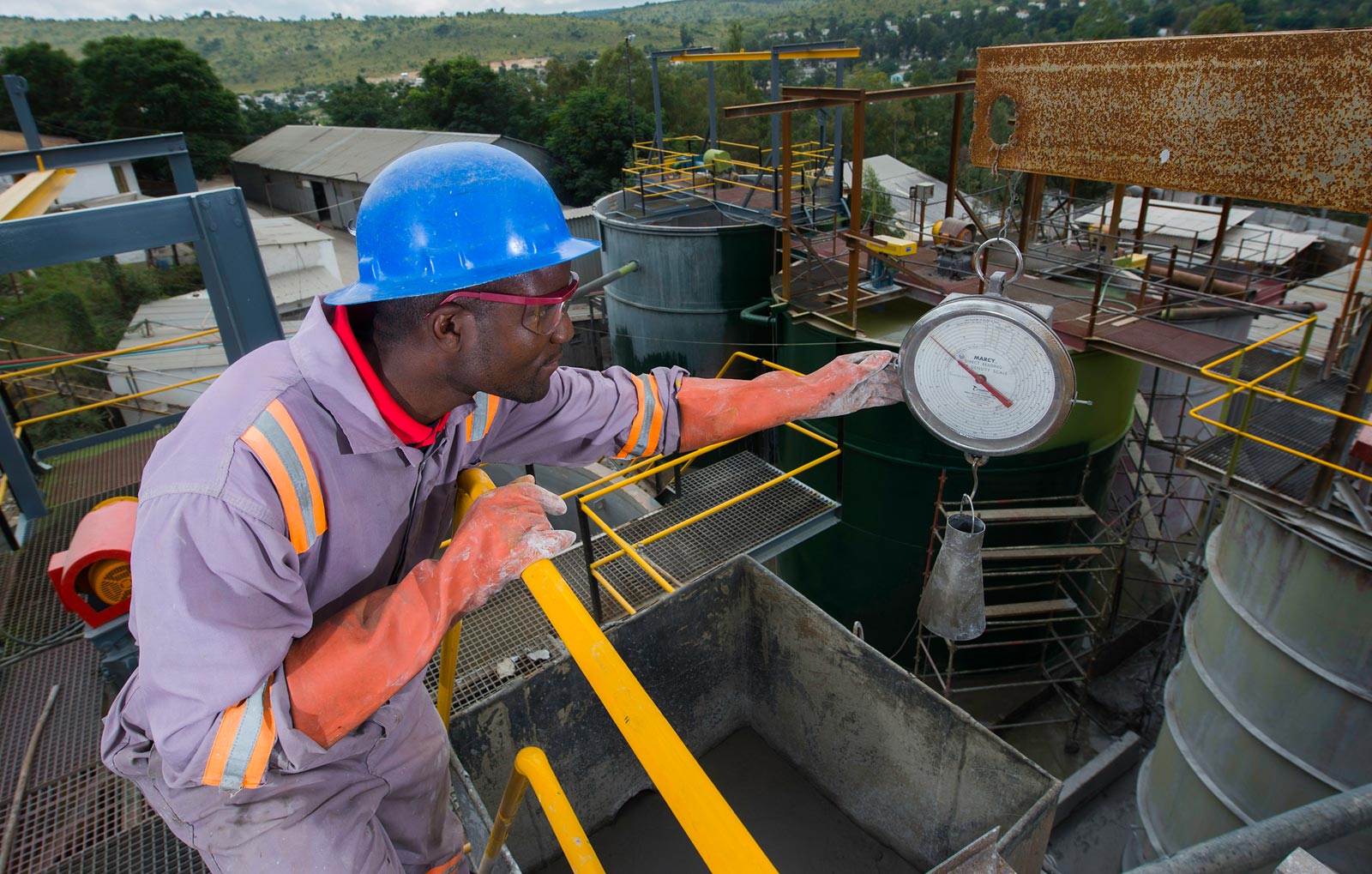Mining sector has potential to grow 11pc
The Mines and Mining Development Portfolio Committee says the mining sector has ability to swing into a 11 percent growth in 2021 from negative growth of minus 4,7 percent this year on efficient productivity, as espoused in the 2021 National Budget.
This also comes as Government pushes for a US$12 billion mining sector by 2023.
Last week Finance and Economic Development Minister Mthuli Ncube presented a National Budget in which the economy is projected to grow by 7 percent.
The mining sector is expected to play a key role in this growth, with a forecast of 11 percent as compared to minus 4,7 percent recorded this year.
However, this can only be achieved through a conducive environment that supports investment into the sector and increased productivity while proper implementation of policies also plays a critical role in the success of the sector.
This, Mines and Mining Development Committee chairman Mr Edmond Mkaratigwa, said should also be a show of the resource richness of the country, which should cascade to the entire economy.
“The target for the mining sector to grow from this year’s minus 4,7 percent to the 2021 target of 11 percent implies burning more candles and more investment into the sector as that target is hinged on increased production levels.
“That is attainable through mostly expanded operations and building fundamental infrastructure that should support the sector, such as sustainable base load energy supplies for example.
“The consciousness and practical efforts in that regard are commendable although more has to be done as the tasks ahead of us are vast as we also have to prove ourselves to many and sundry, as Africa, beyond our local constituency,” he said yesterday when officiating at the African Forum and Network on Debt and Development (AFRODAD) 2020 Summer School in Kariba.
Mr Mkaratigwa added that the 2021 National Budget had factored in the committee’s submissions as well highlighted some of the challenges affecting the sector is facing, pitched highly as the leading sectors for unlocking the national economy towards vision 2030 whose core agenda feeds into the Sustainable Development Goals.
“The Portfolio Committee on Mines and Mining Development’s requests have to a greater extent been provided for; including the spirit of the Extractive Industries Transparency Initiative although more can be done.
“We continue to push for the Executive branch of Government to dispel the view held in many pockets of our society that, we are good at developing policies and very weak at implementing them.
“We are interested in policy formulation as we are in its implementation; we need to see production and economic growth; otherwise debt overhang is our heritage as well as our new economic chains,” he said.
Mr Mkaratingwa added that growth in the mining sector will help the country reduce its debt overhang and reduce poverty.
According to the IMF, the country’s debt to GDP ratio is at around 137 percent.
But Zimbabwe is targeting a 77 percent external debt arrears clearance. Official records show that the debts are with the World Bank, African Development Bank, European Development Bank, European Investment Bank and broadly the Paris Club and outside the Paris Club.
Also speaking at the same event, AFRODAD executive director Mr Jason Rosario Braganza, highlighted that the African region is in general saddled with high debt and the outbreak of Covid-19 pandemic further exposes the continent to more debt burden following the economic meltdown caused by the pandemic.
But, with proper implementation and management, the continent can leverage on its resources especially the extractive sector to boost earnings and achieve economic turnaround.
“National resources are the essential for revenue and wealth of the continent as it moves towards the Agenda 2063. The extractives have a lot of revenue that can be used for development,” he said.
The 2020 Summer School is running under the theme “Leveraging on the extractive sector for improved domestic resources mobilisation in Africa” and has participants from Government, economists, experts in the mining industry, civil society and Parliamentarians from Zimbabwe and across the region who are participating virtually.-herald








